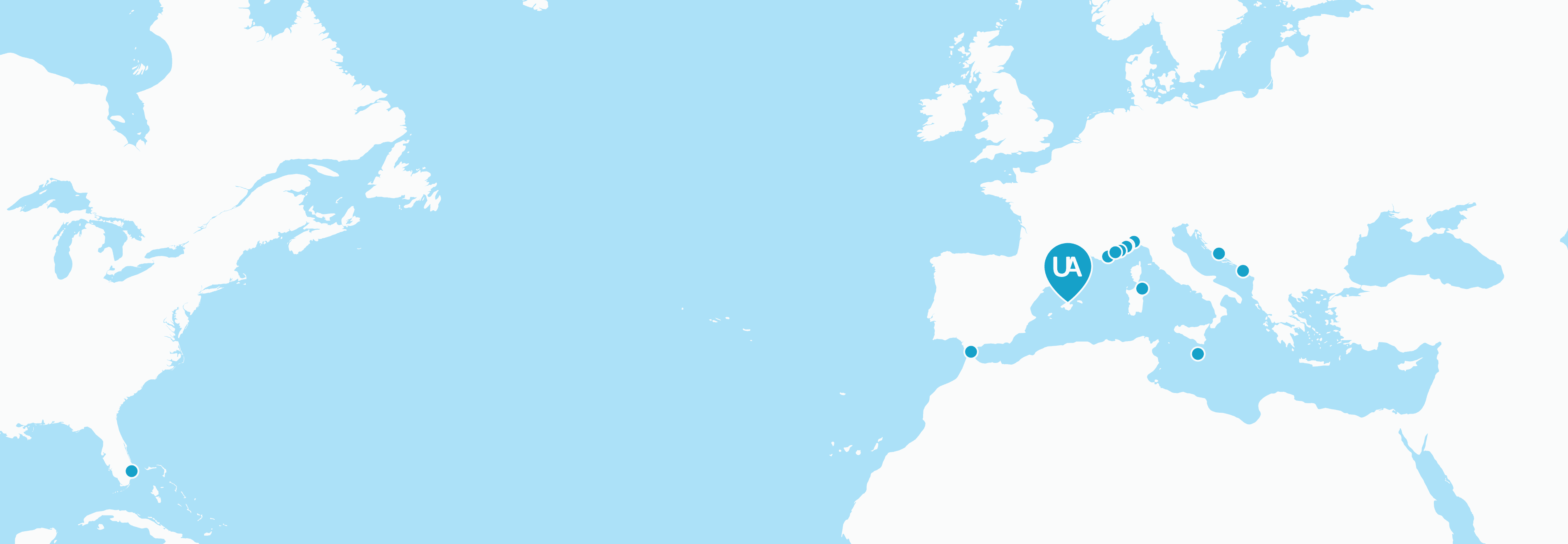28th Feb 2024
SEAFARERS & CREW GUIDE TO EXPAT TAX
EXPATRIATE TAX LAW AMENDMENT
In the 2017 South African Budget Speech, it was announced the current exemption of Section 10(1)(o)(ii) (“the Expat Exemption”) of the Income Tax Act No. 58 of 1962 (“the Act”), which allows South African’s working abroad to exempt their foreign employment income from tax in South Africa, would be repealed in its entirety.
Shortly after the Budget Speech, Parliament released the Draft Taxation Amendment Bill (“the draft Bill”), which amongst other amendments included the comments that the entire Expat Exemption would be repealed. Thus, there would be no protection for South Africans working abroad.
With the draft Bill, an allowance for comments to be made is given to the public to ensure concerned views can be considered. Barry Pretorius (“Pretorius”) thus created the South African Tax Petition Group to counter the amended Expat Exemption and worked with Jerry Botha (“Botha”) of Tax Consulting South Africa to create a formal sub- mission to National Treasury.
Both Pretorius and Botha attended Parliament to argue from various standpoints just how unfair, illogical and detrimental the amendment to the Expat Exemption would be should it be turned into law. They managed to obtain relief and raise vital awareness as per the below:
• The effective date of the amended Expat Exemption would be pushed back to 1 March 2020; and
• The Expat Exemption would not be repealed in its entirety, however it would be amended to place a R1 million cap on the exemption.
Note:
This cap has been amended to R1.25 million as per the Budget Speech 2020.

THE THREE EXEMPTIONS FOR SEAFARERS
So, what does this mean for South African seafarers? SARS knows that seafarers are likely not paying tax elsewhere on their foreign earnings and are often not resident any- where, likely making them remain resident of South Africa, and thus giving SARS taxing rights on that foreign income.
The position of seafarers is more complex than the standard foreign employee in that South African tax law provides for three different categories of exemption, which can be applied for on foreign income. Even where seafarers work alongside their colleague, one could be exempt from tax in SA, while the other taxable. Something as simple as the mere position held by the seafarer, or the title on the vessel can affect this. Thus, sea- farers need to understand the law and how it applies to their individual circumstances to be able to protect their foreign earned income.
The three categories are set out below, in which a seafarer could fall into and possibly claim exemption:
- Section 10(1)(o)(i)(aa) of the Act (“the first seafarer exemption”) – this exemp- tion relates to officers or crew members onboard a vessel, for foreign em- ployment, which includes the international transportation of passengers/ goods for reward. Meeting the requirements of this exemption allows for full exemption from tax in SA on the foreign employment income earned.
- Section 10(1)(o)(i)(bb) of the Act (“the second seafarer exemption”) – this exemp- tion relates to officers or crew members onboard a vessel, and that vessel is en- gaged in prospecting, exploration or mining of minerals, or production of min- erals, from the seabed outside of South Africa. This exemption only relates to those seafarers solely employed for the safe passage or navigation of the vessel. Meeting the requirements of this exemption allows for full exemption from tax in SA on the foreign employment income earned. (not relevant to super yacht crew)
- Section10(1)(o)(ii)oftheAct(“theexpatexemption”)–thisistheexemptionthatap- plies to South African taxpayers who earn foreign employment income and meet the requirements thereof. This has been amended, with the effective date of the amendment being 1 March 2020, whereby only the first R1,25 million can be exempt- ed with the surplus being taxable in SA.
FOR SEAFARERS
There are certain golden rules that seafarers must comply with, which will ensure claim- ing exemption under one of the three categories is made simpler and easier. These rules are of course the starting block for being successful in protecting foreign earned income and one must ensure that:
- one is duly registered for tax with SARS;
- being tax compliant on record does not mean you have a tax liability –the two should not be confused;
- tax status is always kept up to date and compliant, as many institutions nowrequire a Tax Clearance Certificate;
- a full copy of one’s passport, employment contract and vessel register are kept onhand for tax return submissions; and
- declaration of worldwide income is done correctly, and not only South Africansourced income is declared.Importantly, and which can make or break a tax claim for exemption, is one’s employ- ment contract. If unsure whether your employment contract meets the minimum re- quirements to have a successful claim for exemption, a good idea is to have this profes- sionally reviewed. You can make contact with http://www.seafarersglobal.com/ who will provide such assistance.
Become compliant now
Taking into consideration having to navigate three categories of exemption which are often highly scrutinised by SARS, the best solution is to get your ducks in a row as soon as possible. This means taking into account the golden rules first, and ensuring that these are in good order, to make for safe passage going forward.
This information is brought to you through our cooperation with Seafarers Global






